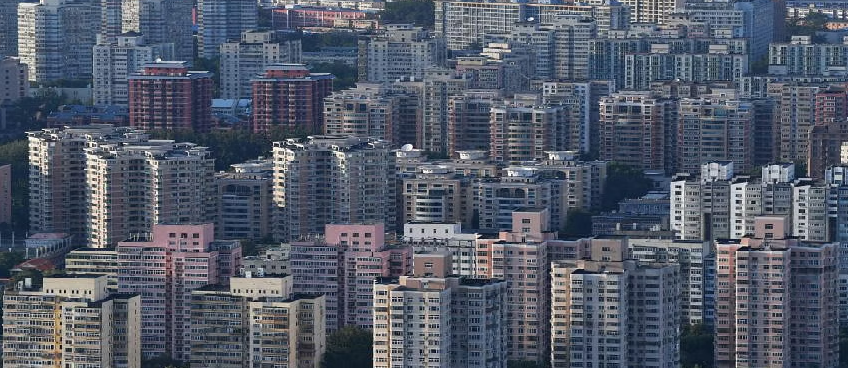The Property Crisis in China Extends To The Economy
The Property Crisis in China Extends To The Economy China has been grappling with a property crisis that has far-reaching implications for its economy and society. What initially seemed like a localized issue has now snowballed into a full-blown challenge, shaking the foundations of China’s economic stability and raising concerns about its long-term growth prospects. This article delves into the complexities of the property crisis in China, exploring its causes, consequences, and potential solutions.
At the heart of the property crisis lies China’s booming real estate market, which has been fueled by rapid urbanization, rising incomes, and easy access to credit. For decades, property has been viewed as a safe investment and a symbol of wealth and social status in China, leading to a speculative frenzy that has driven up prices to astronomical levels in major cities like Beijing, Shanghai, and Shenzhen. In some cases, property values have soared beyond the reach of ordinary citizens, creating a stark divide between homeowners and renters, haves and have-nots.
However, this relentless pursuit of profit has come at a cost. The property market has become increasingly frothy and unstable, characterized by speculative bubbles, overleveraged developers, and inflated land prices. Ghost cities have sprung up across China, filled with empty apartment buildings and unsold inventory, as developers rush to cash in on the next big boom. Meanwhile, ordinary homebuyers are left struggling to afford skyrocketing prices, burdened by hefty mortgages and uncertain futures.
The property crisis has broader implications for China’s economy, which has long relied on real estate as a key driver of growth. The construction industry accounts for a significant share of China’s GDP, generating jobs, investment, and demand for raw materials like steel, cement, and copper. A slowdown in the property market could ripple through the entire economy, dampening consumer spending, curbing investment, and undermining confidence in the financial system.
Moreover, the property crisis is intertwined with China’s broader economic challenges, including rising debt levels, slowing productivity growth, and structural imbalances. Many local governments rely on land sales and property taxes to fund public services and infrastructure, leading to a dependence on real estate revenue that is unsustainable in the long run. Meanwhile, households are burdened by high housing costs, leaving them with less disposable income to spend on goods and services, which could dampen domestic demand and hinder efforts to rebalance the economy toward consumption-led growth.
The Chinese government has responded to the property crisis with a mix of monetary and fiscal policies aimed at stabilizing the market and addressing housing affordability. The People’s Bank of China has cut interest rates and eased lending restrictions to boost credit availability and stimulate demand for housing. Meanwhile, local governments have implemented measures to cool speculative activity, such as restrictions on home purchases, tighter mortgage rules, and crackdowns on illegal lending practices.
However, these measures have had limited success in addressing the underlying causes of the property crisis, and in some cases, they may have exacerbated existing imbalances. The government’s efforts to rein in speculation have led to a slowdown in property sales and a decline in housing construction, which could weigh on economic growth in the short term. Moreover, the reliance on monetary stimulus to prop up the property market risks inflating asset bubbles and exacerbating financial risks in the long run.
Ultimately, the property crisis in China is a symptom of deeper structural issues that require bold and comprehensive reforms to address. The government must tackle entrenched interests and vested stakeholders in the real estate sector, including state-owned enterprises, local governments, and property developers, to ensure a more transparent, efficient, and sustainable housing market. This may involve measures to increase land supply, streamline regulations, and promote affordable housing for low- and middle-income households.
Furthermore, China must rebalance its economy away from its reliance on property investment and export-led growth toward a more sustainable and inclusive model driven by innovation, productivity, and domestic consumption. This will require reforms to improve access to credit for small and medium-sized enterprises, enhance social safety nets, and foster a more dynamic and competitive business environment.
In conclusion, the property crisis in China represents a formidable challenge that threatens to undermine the country’s economic stability and social cohesion. While the government has taken steps to address the immediate pressures facing the property market, a more concerted and holistic approach is needed to address the underlying structural issues and build a more resilient and equitable economy for the future. Only by tackling the root causes of the property crisis can China unleash its full potential and chart a course toward sustainable growth and prosperity.
